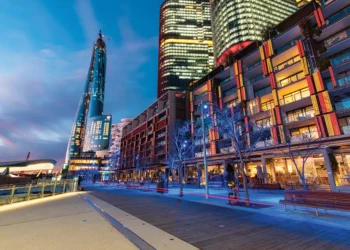It seems reports late last year of the imminent launch of Thunderbird resort in Daman were a little premature.
Asian Gaming Intelligence understands the resort operators are still awaiting final licensing approval from the Indian authorities. Anyone who has ever—in their student backpacking days—attempted to use public transport in India will realise that timetables in that country can be very flexible indeed. We look forward to the official launch of this international-quality gaming resort on the sub-continent. A successful opening of the property, which includes a 176-room hotel and 82,00 square feet casino with up to 400 gaming machines and 25 table games, will undoubtedly attract the attention of big foreign investors including, Las Vegas Sands Corp (LVS). LVS has already said it would be interested in entering the Indian market.
As Indian law currently stands, however, gaming licences are only issued to Indian nationals or Indian companies. Any foreign investors will therefore need a local partner to see a project through. In the short to medium-term, neighbouring Sri Lanka could be an attractive option for a mid-sized, mid-price (say, half a billion US dollars) gaming resort of the sort already created by Malaysia’s Genting in Manila. Late last year, the Sri Lankan government legalised casino gaming and is keen to attract new investment in tourism infrastructure to rebuild the country’s tourism industry following the 20-year civil war and the tsunami that devastated large areas of the coast in 2004.
Sri Lanka is certainly attracting investor interest in the mainstream hotel sector. As AGI reported late last year, Hong Kong-based Shangri-La Hotels says it would like to build a new hotel property there. The company’s chairman, Kuok Khoon-Ean, flew to Sri Lanka that month for talks with senior government officials. Mr Kuok is the son of Malaysian entrepreneur Robert Kuok, whose name was recently linked briefly (and erroneously) with a buy out of the Philippines’ gaming regulator and operator, Pagcor.
Sri Lanka’s government has stated it aims to generate US$2 billion annually in tourism receipts and 2.5 million tourists by 2016. In 2009, the country earned US$350 million from tourism.


































